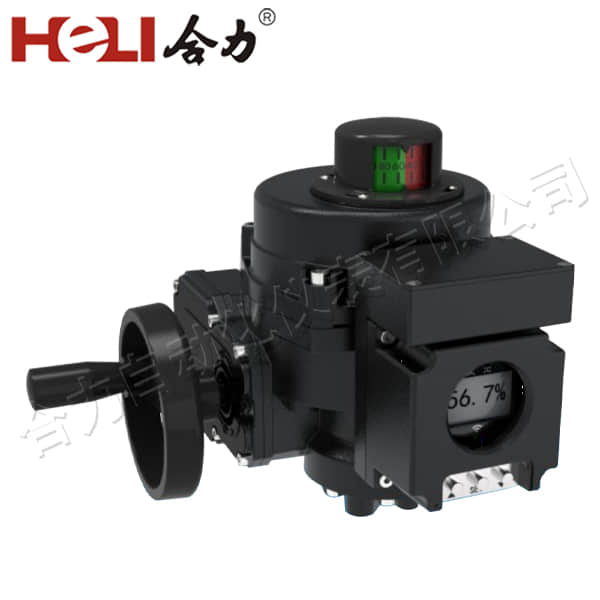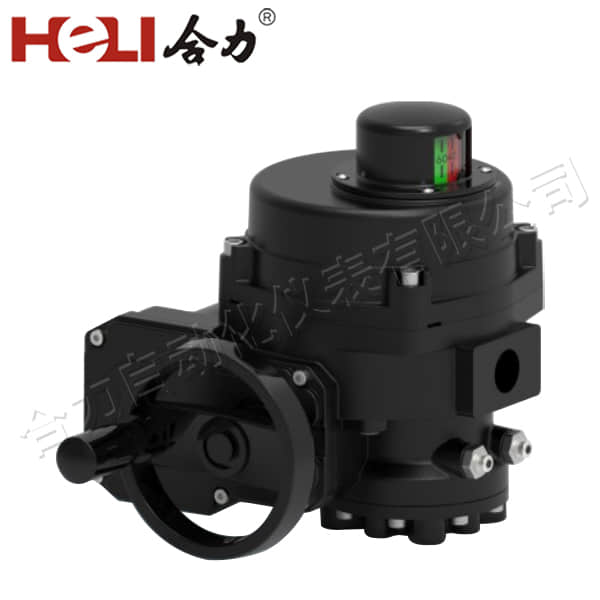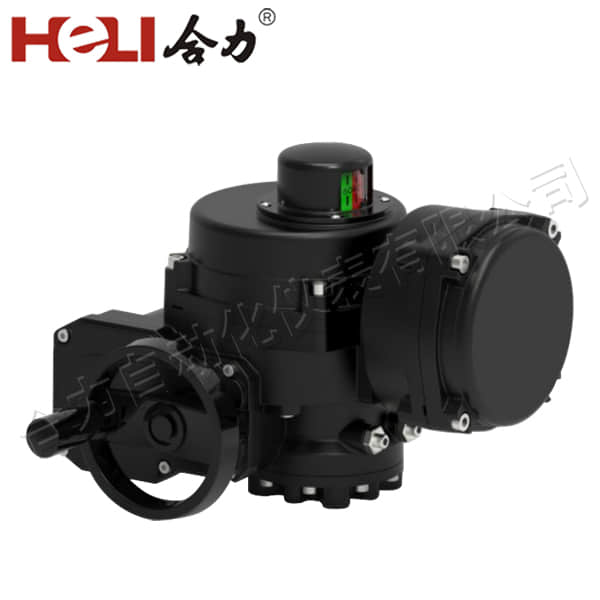
Electric actuators are essential components in modern automation systems, providing precise control over various mechanical processes. These devices convert electrical energy into mechanical motion, enabling a wide range of applications across different industries. From automotive and aerospace to manufacturing and robotics, electric actuators play a crucial role in enhancing efficiency and reliability.

At their core, electric actuators consist of a motor, a gearbox, and a mechanism to convert rotational motion into linear motion. The most common types include electric linear actuators, which are used for applications requiring straight-line motion, and rotary actuators, which provide rotational movement. The choice between these types depends on the specific requirements of the application, such as the required force, speed, and distance of movement.

